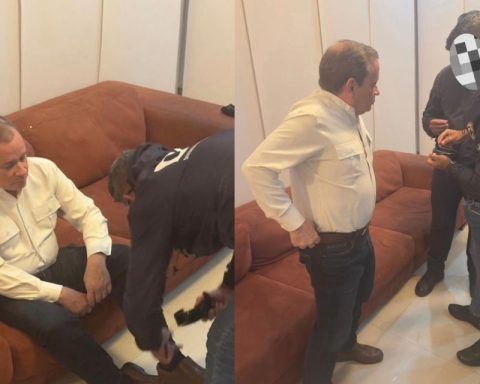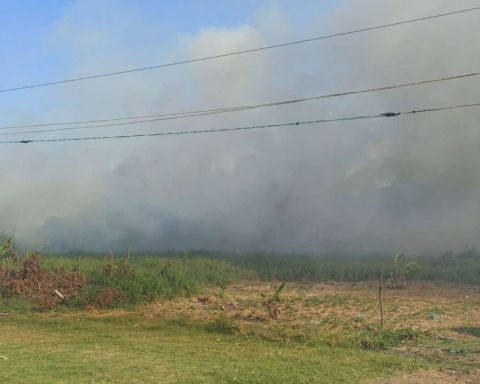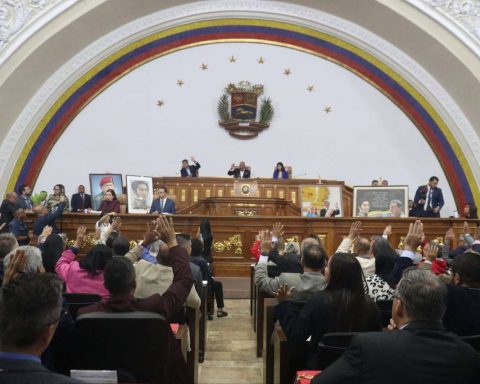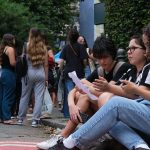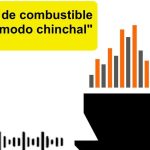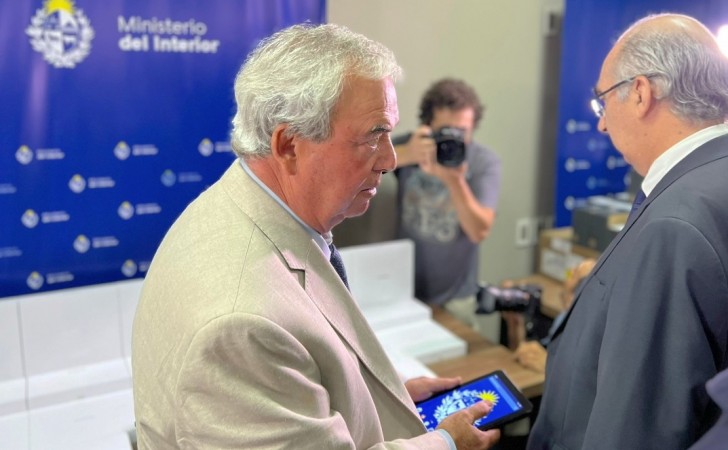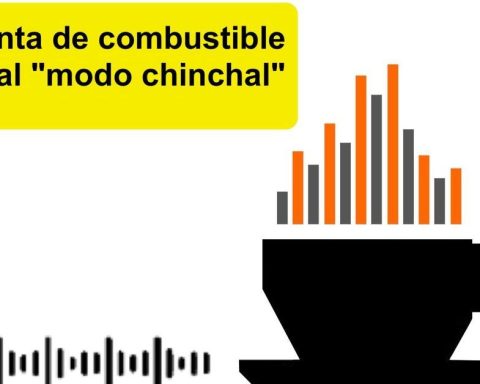The Student Participation Law in the Basic Education Subsystem was discussed for the first time in March 2022 and was approved this Tuesday, January 7 by a qualified majority of the 2020 National Assembly. For Fenasopadres, it establishes, among other points, “the surveillance and control of students” through various instances of the Ministry of Education
The National Federation of Societies of Parents and Representatives (fenasopadres) rejected the approval this Tuesday, February 7, of the Student Participation Law in the Basic Education Subsystem, considering that its final objective is “the political and social control of the student body” of secondary education and, consequently, “of the Venezuelan family ».
In a statement, Fenasopadres pointed out that this new law goes against the rights of free association and participation of basic and secondary education students, by imposing participation in groups that follow the guidelines of issues raised by the State.
“It openly violates the right to free association and participation by establishing as a right a form of organization -student councils- above any form of organization of the student movement, forcing secondary education students to align themselves around organizations promoted by the Government. national”, explained the Federation.
In his opinion, this imposition is in contempt of democratic pluralism, guaranteed in article 2 of the Constitution.
The Student Participation Law in the Basic Education Subsystem was discussed for the first time in March 2022. On Thursday, February 2, 2023, it was debated for the second time before the House; however, it was requested that the discussion be postponed. your approval was completed this tuesday by parliamentary majority.
A particularity of this norm, which Fenasopadres highlighted, is the possibility that minors can – with the help of a legal representative – “constitute, register and register non-profit legal entities”. This activity is only allowed to people over 18 years of age in the country. The organization also recalled that only fathers, mothers or representatives can exercise the legal representation of a Venezuelan adolescent.
Fenasopadres also stressed that the particular interest of the student should always prevail when forming associations, always related to the school environment due to their condition. But in this case, the organization “is created by the State for purposes defined by the State, not by the students. In this Law it is the State that defines the spaces of action of the students».
In addition, the organization pointed out that in said norm it is established as a transversal axis “the surveillance and
control of students through the instances of organization and supervision” by the Ministry of Education.
The Federation of Parents’ Societies called on society to reject this rule, which they called “unconstitutional”, for violating “democratic principles and the fundamental values of our children and families.”
Post Views: 116



